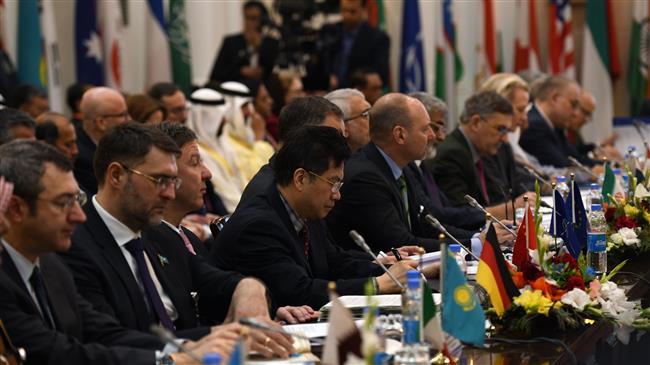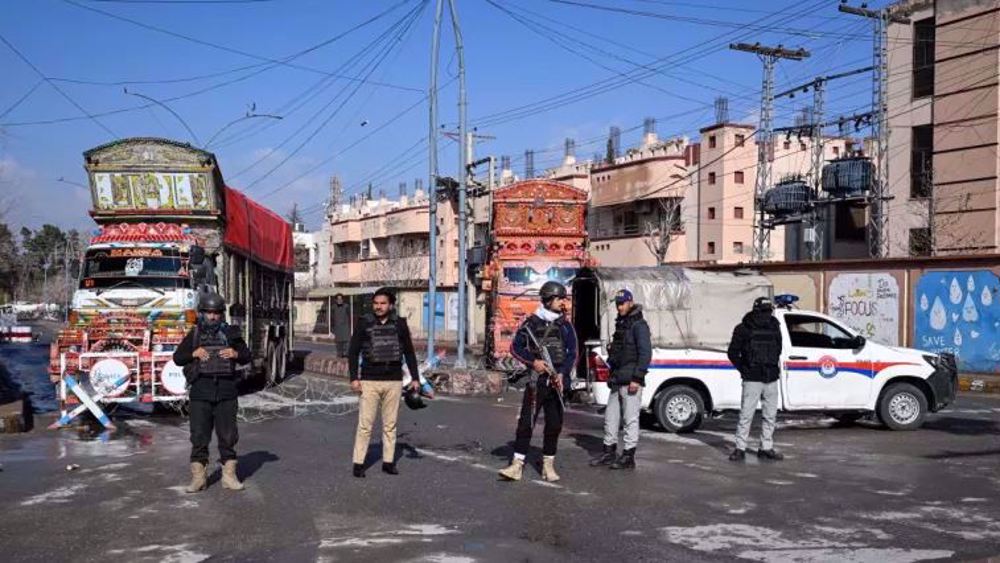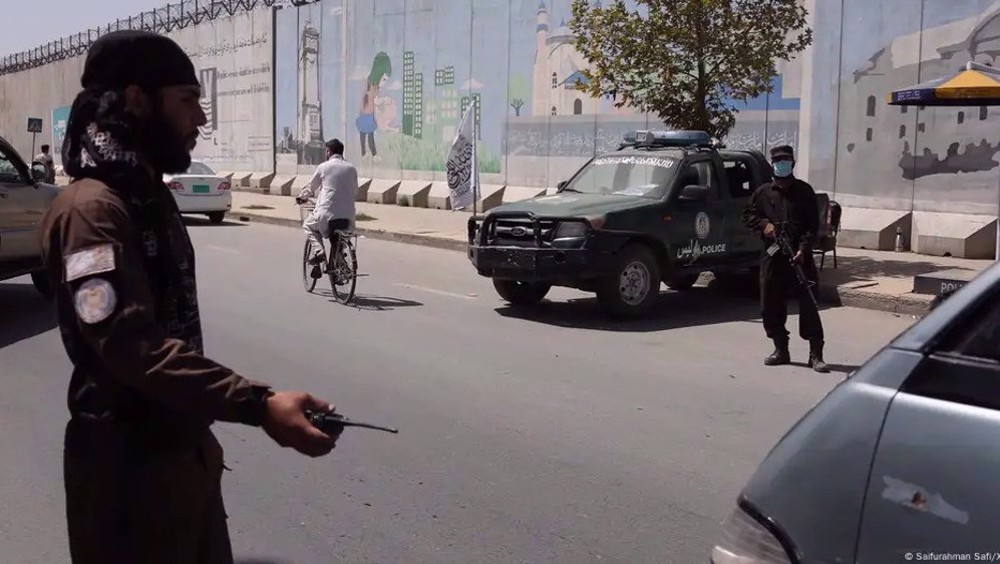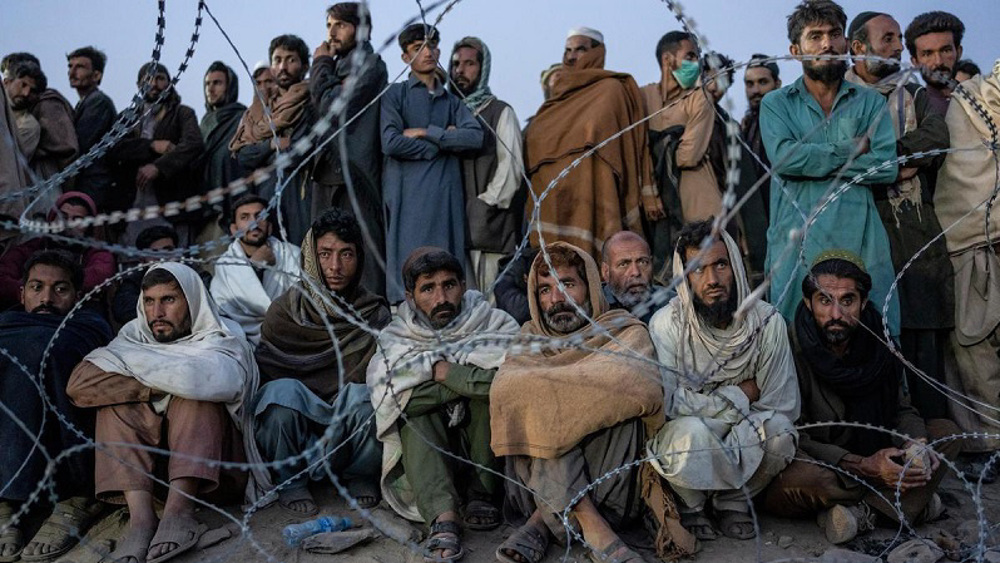Talks at impasse as Taliban seek direct negotiations with US
The Afghan government's surprising new peace offer to Taliban is immediately running into a wall as the militants show no sign of shifting from their demand that talks for a conflict-ending compromise take place with Washington, not Kabul, a media report says.
Top Afghan security officials, who maintain back-channel discussions with Taliban, say formal talks are impeded by Taliban's insistence that their regime, ousted in a US-led invasion in 2001, remains Afghanistan's legitimate government, Associated Press reported on Sunday.
The new offer by the administration of President Ashraf Ghani includes incentives for militants that join negotiations and enter the political mainstream.
Ghani announced at an international conference in Kabul last week that the government would provide passports and visas to Taliban members and their families and work to remove sanctions against Taliban leaders. The group could also set up an office.
Meanwhile, US officials have conveyed messages to Taliban's political representatives in Qatar, urging the group to join talks with the Afghan government.
Alice Wells, America's top diplomat for South Asia, endorsed the overture and said the "onus" was on Taliban to demonstrate they are ready to talk "not to me or the United States, but to the sovereign and legitimate government and people of Afghanistan."
The militant group on February 28 called for direct talks with the United States in a declared bid to find a “peaceful solution” to the war in Afghanistan.
Last month, Taliban urged the "American people" to press their government to withdraw from Afghanistan. "America must end her occupation and must accept all our legitimate rights including the right to form a government consistent with the beliefs of our people."
Washington's involvement in the Afghan conflict is now in its 17th year.
Laurel Miller, who until last June was a senior American diplomat for Afghanistan and Pakistan, said the US should be clearer about what it is willing to negotiate on, including when it might start pulling forces from Afghanistan. "That could set the stage for talks," she said.
Such a timetable seems a remote prospect. Since August, when US President Donald Trump recommitted America to an indefinite military presence in the country, the US has sent in thousands of additional forces to train Afghans, bringing the total number of US troops to more than 14,000.
A peace push by the administration of former US President Barack Obama, which relied heavily on Afghanistan's neighbor Pakistan, floundered in 2015. Neighboring countries are doubtful about America's commitment to a political resolution.

For months, hopes of reviving long-stalled peace talks with Taliban have seemed virtually dead. The insurgents have continued an aggressive campaign in the countryside, where they now control or influence nearly half of Afghan territory, while staging repeated attacks in the capital despite intensified security.
Civilian casualties remain at near-peak levels, with about 10,000 reported for 2017. Since 2001, the US-led invasion has cost nearly 200,000 lives, and since 2014 additional violent attacks by regional affiliates of the Takfiri Daesh terrorists have heightened the sense of mayhem.
Report: Epstein account remained active after death, lists Israeli ex-military figure among contacts
VIDEO | Choosing to stay: Palestinian-Americans building life at home
FM questions ‘narrative’ pushed by Israeli-American Trump donor’s outlet ahead of Netanyahu visit
US lawmaker blasts attorney general for ‘lying under oath’ over handling of Epstein probe
Iran received no concrete US proposal in Oman talks: Security chief
Nouri al-Maliki defends Hashd al-Shaabi as inseparable part of Iraqi security system
British PM Keir Starmer faces calls to resign
Iran’s Kowsar satellite beams Islamic Revolution anniversary message across region












 This makes it easy to access the Press TV website
This makes it easy to access the Press TV website